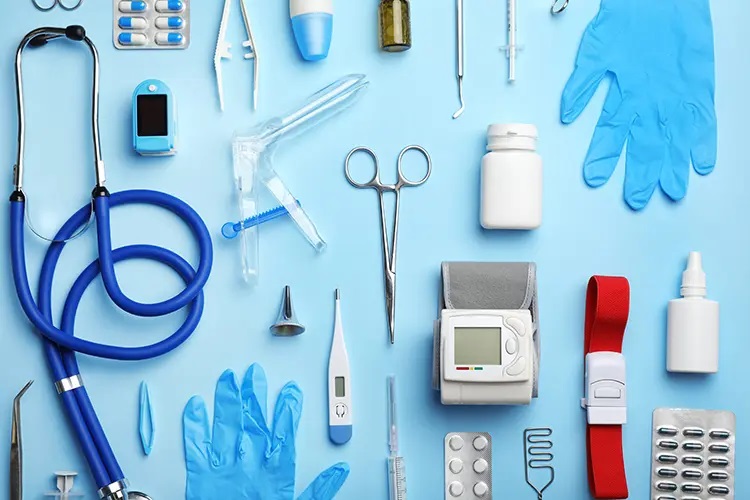Aspirin and other nonsteroidal anti-inflammatory drugs (NSAIDs) are commonly used to treat pain and inflammation.
If you have ever taken aspirin or ibuprofen for a headache, you have used a type of medication called nonsteroidal anti-inflammatory drugs (NSAIDs).
NSAIDs are widely available over the counter (OTC) or by prescription, and they are effective for reducing pain, inflammation, and fever.
However, NSAIDs are not without risks. They can cause adverse drug reactions in some people, ranging from mild to life-threatening.
An adverse drug reaction (ADR) is an unwanted or harmful effect of a medication that occurs at normal doses.
ADRs can be classified into two types: allergic and pseudoallergic.
Allergic reactions are caused by an abnormal immune response to the medication, while pseudoallergic reactions are caused by alterations in the biochemical pathways that the medication affects.
What are the symptoms of an allergic reaction to NSAIDs?
An allergic reaction to NSAIDs can occur within minutes to hours of taking the medication. The symptoms may include:
- Itchy skin
- Runny nose
- Red eyes
- Swelling of the lips, tongue, or face
- Coughing, wheezing, or shortness of breath
- Anaphylaxis — a rare, life-threatening allergic reaction that causes low blood pressure, shock, and loss of consciousness
What are the symptoms of a pseudoallergic reaction to NSAIDs?
A pseudoallergic reaction to NSAIDs can also occur within minutes to hours of taking the medication.
The symptoms may be similar to those of an allergic reaction, but they are not caused by an immune response.
Instead, they are caused by the inhibition of an enzyme called cyclooxygenase (COX), which is involved in the production of prostaglandins.
Prostaglandins are substances that regulate inflammation, pain, blood flow, and other functions in the body.
There are two forms of COX: COX-1 and COX-2. COX-1 protects the stomach lining and aids kidney function, while COX-2 is produced when joints are injured or inflamed.
Some NSAIDs block both forms of COX (nonselective NSAIDs), while others only block COX-2 (selective NSAIDs). Blocking both forms of COX can cause side effects such as:
- Stomach upset, heartburn, ulcers, or bleeding
- Kidney injury or failure
- Easy bruising or bleeding
- High blood pressure or heart failure
- Liver injury or failure

How can you prevent an adverse drug reaction to NSAIDs?
The best way to prevent an adverse drug reaction to NSAIDs is to avoid taking them if you have a history of allergy or intolerance to them. You should also inform your doctor and pharmacist about any medications you are taking, including OTC drugs, supplements, and herbal remedies. Some medications can interact with NSAIDs and increase the risk of side effects.
If you need to take NSAIDs for pain or inflammation, you should follow these tips:
· Take the lowest effective dose for the shortest possible time
· Take NSAIDs with food or milk to reduce stomach irritation
· Drink plenty of fluids to prevent dehydration and kidney damage
· Avoid alcohol and tobacco, which can worsen stomach and liver problems
· Monitor your blood pressure and kidney function regularly
· Watch for signs and symptoms of an adverse drug reaction
How can you treat an adverse drug reaction to NSAIDs?
If you experience any signs or symptoms of an adverse drug reaction to NSAIDs, you should stop taking the medication immediately and seek medical attention.
Depending on the severity of your reaction, you may need:
· Antihistamines or corticosteroids to reduce inflammation and itching
· Bronchodilators or epinephrine open up your airways and restore your blood pressure
· Proton pump inhibitors or H2 blockers protect your stomach lining and prevent ulcers
· Fluids or dialysis to flush out toxins and support your kidney function
· Blood transfusions or clotting factors to stop bleeding
· Liver transplant or supportive care for liver failure


